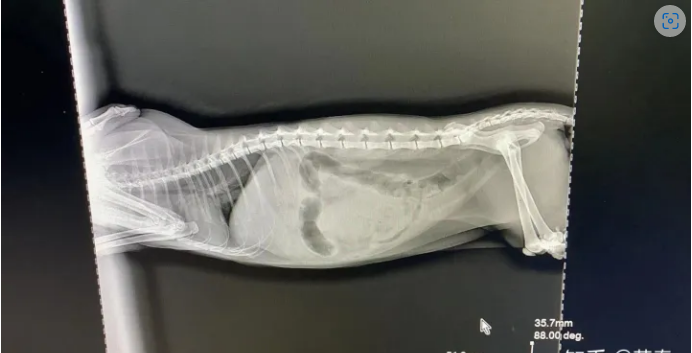Feline infectious peritonitis (FIP) is a serious and fatal viral disease affecting cats. It is caused by a virus called feline coronavirus (FCoV), which usually causes mild intestinal illness in cats. However, in some cases, FCoV can mutate and cause FIP, a disease that affects multiple organ systems and has no known cure.

There is currently no specific drug that can cure FIP. Therefore, treatment focuses on controlling symptoms and improving the quality of life of the affected cat. A variety of medications and treatment options are available to help manage FIP, and the specific treatment plan will depend on the severity of the disease and the individual needs of the cat.
One of the most commonly prescribed medications for FIP is corticosteroids. These medications help reduce inflammation and improve your cat’s overall quality of life. They can also help reduce the severity of some of the clinical symptoms associated with FIP, such as fever and lethargy. However, corticosteroids do not cure FIP and may cause side effects if used long-term.
Another drug commonly used to treat FIP is an antiviral drug. These drugs work by inhibiting the replication of the FCoV virus, which may slow the progression of the disease. However, no specific antiviral drug has been shown to be effective in treating FIP. Some antiviral drugs that have been used to treat FIP include interferon, GS-441524, ribavirin, and feline recombinant interferon omega.
In addition to medical treatment, supportive care is important for cats with FIP. This may include providing IV fluids to prevent dehydration, nutritional support, and monitoring vital signs such as temperature and heart rate. Some cats with FIP may also need oxygen therapy to help with breathing difficulties. Regular check-ins with your veterinarian are important to monitor your cat’s progress and adjust the treatment plan as needed.
There are also alternative and complementary treatments available to help manage FIP. For example, some cat owners may choose to use herbal or homeopathic remedies to support their cat’s immune system and overall health. However, it is important to discuss these remedies with your veterinarian before using them, as some herbs may interact with other medications.
Finally, it must be noted that FIP is a highly contagious disease. Therefore, it is important to take steps to prevent the spread of the virus, especially in multi-cat households or shelters. This may include isolating affected cats, regularly cleaning and disinfecting surfaces, and practicing good hygiene, such as washing hands before and after handling cats.
In conclusion, FIP is a serious and fatal viral disease affecting cats. While there is no cure for FIP, there are a variety of medications and treatment options available to manage symptoms and improve your cat’s quality of life. Corticosteroids, antiviral medications, and supportive care are important components of the treatment plan for cats with FIP. Additionally, alternative and complementary therapies are available to support your cat’s overall health. However, it is important to discuss all treatment options with your veterinarian before using any medications or treatments. Finally, taking steps to prevent the spread of FCoV is critical, especially in multi-cat households or shelters.